24/7 Helpline:
(866) 899-111424/7 Helpline:
(866) 899-1114
Learn more about Ecstasy Rehab centers in Warren County

Freedom House Recovery Center – Lake Area Counseling Halfway House
Freedom House Recovery Center - Lake Area Counseling Halfway House provides up to six months of reco...
























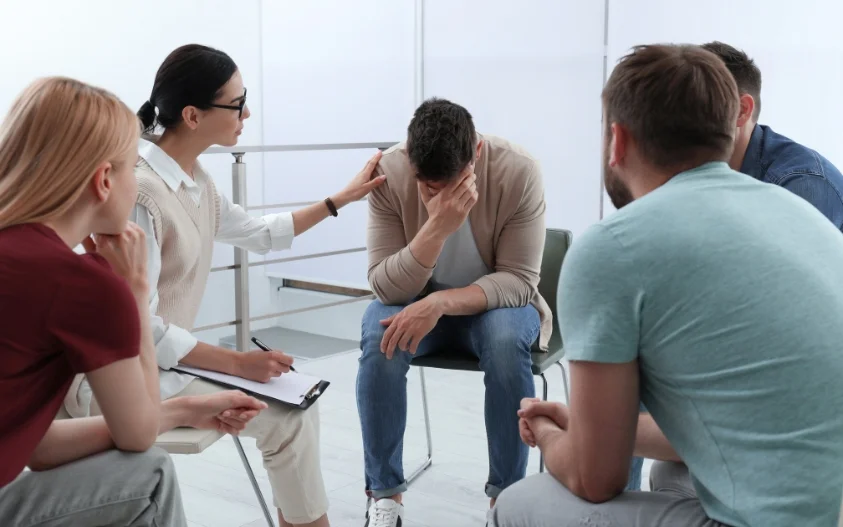
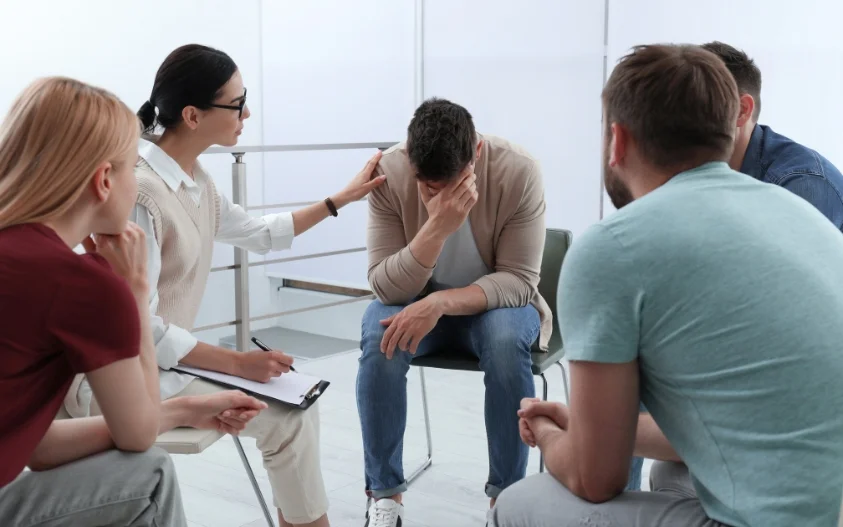





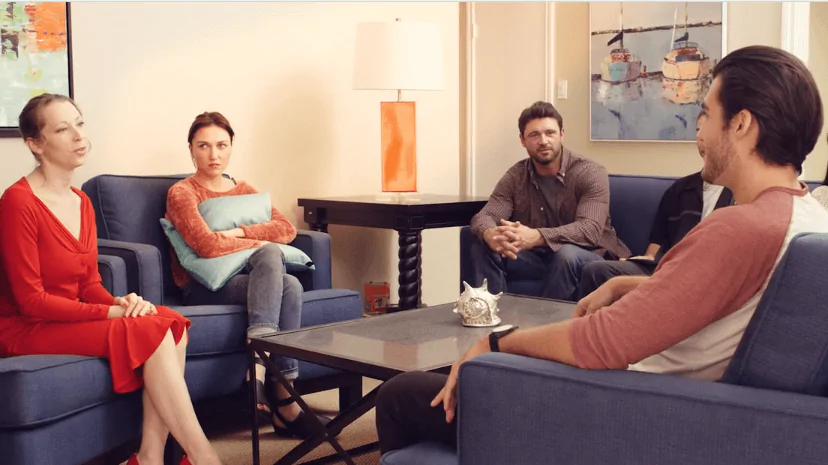




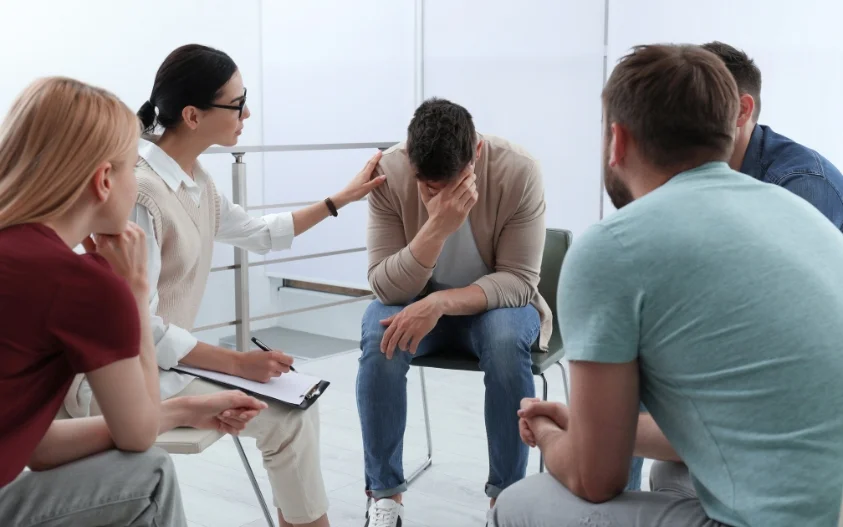

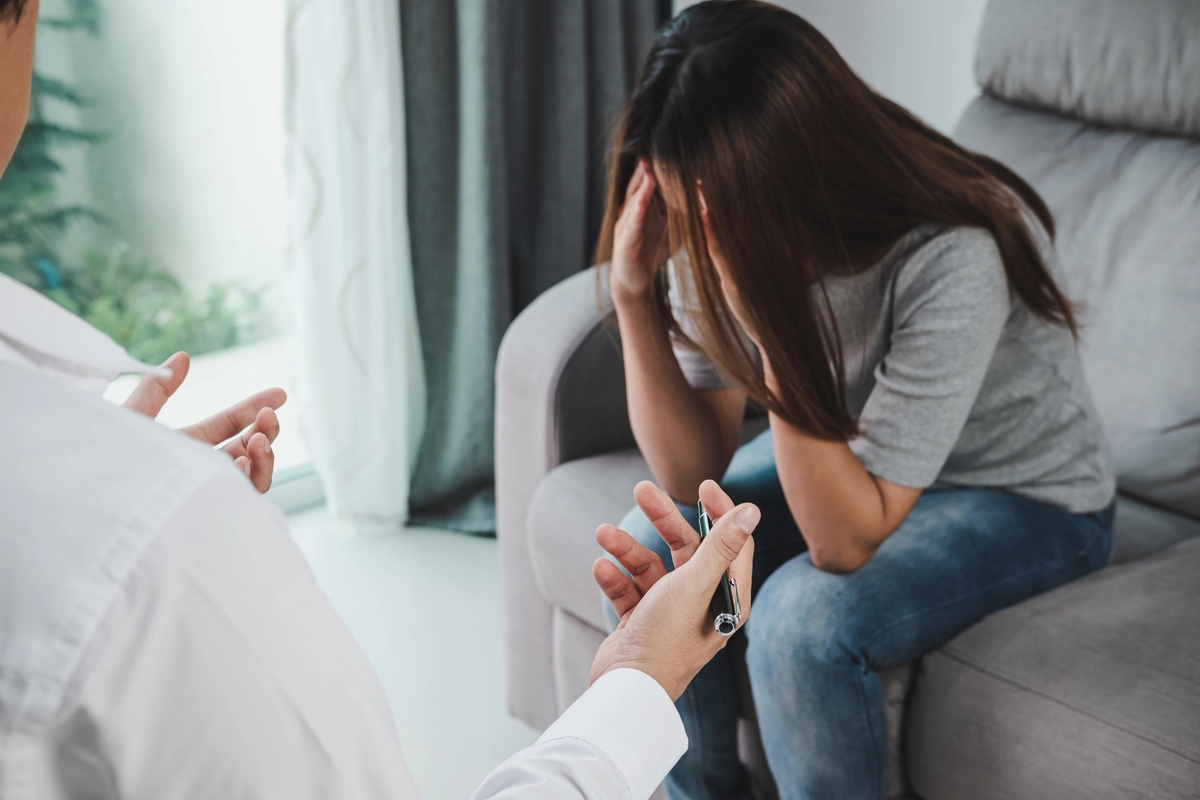

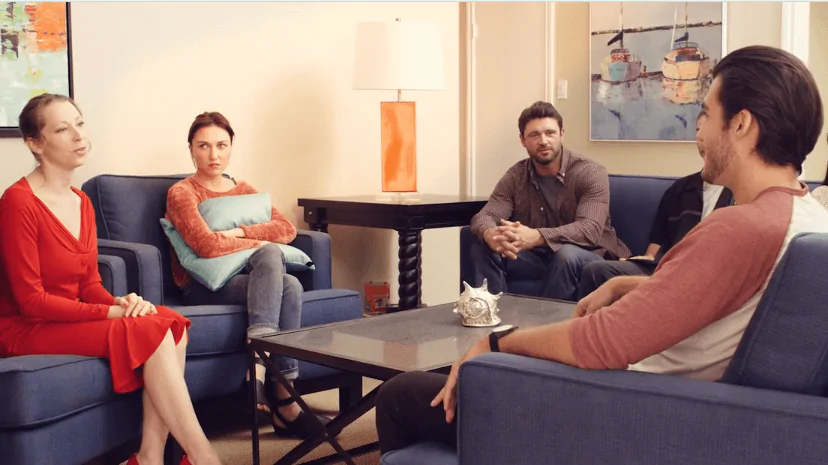






































Other Insurance Options

Health Choice

CareSource

AllWell

Cigna

Group Health Incorporated

State Farm

Choice Care Network

CareFirst

Magellan Health

Regence

Medical Mutual of Ohio

BlueCross

Anthem

Providence

Optum

Access to Recovery (ATR) Voucher

MVP Healthcare

EmblemHealth

Meritain

BlueShield